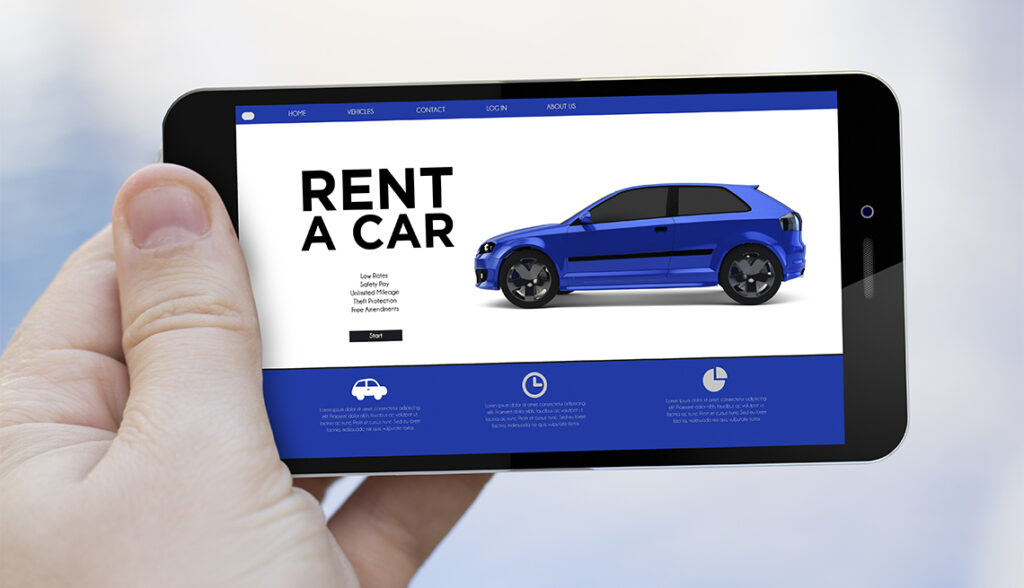“The service is great but what is really important is the service after we get our insurance policy. If we have any issues whatsoever, he is on top of it and he never misses a beat.”
“We absolutely love working with Smoller Insurance!”
“I have been a customer with Smoller Insurance Agency for over 20+ years for both my personal insurance and business insurance. I cannot say enough great things about Mark and Billy. They treat their customers like family and have always provided amazing personal service. They are available for any situation at any time day or night. The level of dedication has exceeded my expectations!!!”
Positive: Professionalism, Quality, Responsiveness, Value
“Billy goes overboard to get me the best policy and has saved me countless times with issues. It’s a miracle he didn’t fire me!! Running my business and staying on top of insurance needs was endless especially the first few years of starting. Billy was instrumental then and remains to be a solid caring individual that looks after your best interest There are other insurance agencies however in over 40 years of driving, I have never experienced the attentiveness as Smoller Insurance.”
“I had a wonderful experience with Smoller insurance, Billy was actually on vacation when I had a small problem, and he took care of it immediately. Exactly the kind of guy you want working for you when you have trouble.”
“I was referred to Smoller Insurance by a friend. I was hesitant to switch agents because I was comfortable with the agency, I had worked with for so many years! I'm so glad I switched because it's more than a simple business relationship. They really take the time to get to know you personally and always feel like their recommendations are in MY best interests and not the other way around! I would recommend Smoller Insurance to anyone that wants to get the most out of their experience dealing with insurance.”
“Being a business owner this company saves me over 1000.00 dollars a year and anytime I need help they always answer the phone and make it all good.”
“Where do I even begin with this amazing duo?! I’ve had Smoller Insurance as my agent for the last 7 years and will never look elsewhere. They were truly a blessing in disguise and came into my family’s life at the perfect time! Mark and Billy are very professional, detail oriented, and they both genuinely care about their clientele. Billy’s recommendations are always in my best interest and not the other way around making him the Rockstar that he truly is! They have built such a strong and personal relationship with my family and I, and you definitely can’t get that anywhere else. Highly recommend! Trust me, you won’t be disappointed!”
“Smoller Insurance Agency really is the best. I’ve been with them for several years now, covering both my auto and home, and this family run business is a second to none! They are always accessible to answer any questions I might have and attend to my insurance needs with professionalism and consistency. The Smoller team is truly a find...so much so that I actually took the time to write this review because they earned every good word and deserve the accolades. Go with Smoller...you’ll never want to work with anyone else.”
“I heard about Smoller insurance through a friend, and I highly recommend. Now my entire family uses them. We are all so very happy. If anyone is looking for an insurance agency definitely go with them. They are very personable and always there to help and extremely easy to work with.”
“I have been with Smoller insurance for over a decade and I could not be happier. Every time I’ve needed to contact them for a question or new purchase, I’ve gotten personalized attention. They know their customers personally and their service is unmatched in todays “call center” style market. When you call them, you feel like a member of the Smoller family, instead of just a policy number.”
“Highly recommended.”



















